We are the pros, we are the experts, that is why we purchase, develop, and operate hotels of all sizes and shapes. But while we are busy doing all of this, do we ever really pause to step back and assess exactly how well we understand the basic principles of our business?
For the last several months, we at Titan have been fortunate to work on a hospitality project that is anything but typical in our industry. For starters, it does not involve a hotel, it does not involve a resort, and it does not involve a traditional management entity such as a brand or a third-party management company. Rather, our client is a global corporate account, a player who is known to all, and one who has decided that they want to change the way that they do business. This company has determined that hospitality has an important place in its corporate culture, and we at Titan are working with them to build this corporate culture from the ground up.
What does this have to do with you? A great benefit to all of us is the wealth of experience that we bring to our work. In any of our properties, regional offices, or corporate headquarters, there is a vast array of different levels and types of experience that make our organizations strong. One cannot understate the power of this experience and its benefit in terms of how we run our businesses. But what if this same level of experience was somehow inadvertently acting as an obstacle to our efforts to further grow and to further innovate?
Everyone is familiar with the expression “if you always do what you always did, you always get what you always got.” In fact, our industry is rather notorious for adhering to this premise. So imagine if you were a non-hospitality organization that decided that it wanted to know more about how hospitality could help its business, and help its corporate culture. You would ask fundamental questions, you would demand basic learnings and facts, you would assume nothing, and you would insist on knowing everything that there was to know about this “hospitality thing” so that you could understand how it might be beneficial to your organization.
Here is the point: our work with this particular corporate account has opened our eyes to the fact that, in certain cases, knowing less about hospitality can actually be a powerful weapon. Yes, a bit counterintuitive, but the fact is that we, the pros, make decisions every day based on our experience. There’s nothing wrong with this; in fact, this is a good process to follow in making decisions. However, following this process may unintentionally leave out a “second look” or a “different perspective” that might be incredibly healthy for our decision-making process.
We challenge you (and ourselves!) to be even more inquisitive and more contrarian when it comes to defining the hospitality strategy for your operation(s). In your process, enlist the participation and support of those who are not necessarily fluent with the specific opportunity you are reviewing, and encourage their honest and objective feedback. Why is this strategy the right one? Why is it the wrong one? How can we do this better? What does the customer really want? The best answer to questions like these doesn’t always lie in past practice, but in how we look to the future. As a result, the best answer to questions like these doesn’t always reside with the most experienced people, but rather with those who are the most inquisitive and provocative thinkers.

